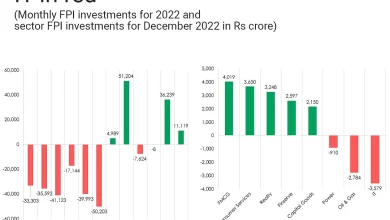How a Virtual Reality Company Became the Airbnb of Non-Profit Organizations
JACOB LOEWENSTEIN began his presentation at the Augmented World Expo by apologising.
There were less than a hundred people in Ballroom B of the Santa Clara Convention Center in the heart of California's Silicon Valley, masked and spread apart, eager to hear about collaboration software.

Loewenstein is the head of business development at Spatial, a venture-backed startup that has spent the last few years persuading enterprise clients to put on headgear and invest in its virtual reality meeting tools. However, on Wednesday of last week, Loewenstein gave a talk about NFTs, virtual art homes, the Utah Jazz NBA franchise, and the curse of being dubbed a “future of work” app.
“This is a strange circumstance,” Loewenstein said at the outset. “Those of you who have utilised Spatial may be asking yourself, ‘WTF?’ What has Spatial evolved into? How many more buzzwords are they going to use…’ And the answer is, if it helps us make money, we’ll use exponentially more buzzwords. “I’m joking.”
Spatial is pursuing the money, despite the fact that Loewenstein couched the company’s financial ambitions in humour. That happens to be in the direction of the much-hyped NFT art market at the moment. NFT stands for “non-fungible tokens,” which are sometimes referred to as digital asset ownership certificates. Individual artists are making millions by selling the tokenized proof of ownership as well as the digital art itself. Because the token is run on a blockchain, crypto is the default currency. The crypto art sector earned $3.5 billion in sales in the first nine months of 2021, according to a new Bloomberg article.
In an email to WIRED, Anand Agarawala, Spatial’s cofounder and chief executive, writes, “The industry seems to be gathering around this idea of an interoperable, NFT-driven metaverse, which we think we serve in a unique, super-simple, and quick way.” Spatial’s quick transition from VR board meetings to NFT auctions exemplifies the quick decisions that many tech startups must make if they intend to market a product that is better and cheaper than what larger competitors can offer. The deep dive into the notoriously volatile world of NFT art is especially hazardous for Spatial, which had connected itself with partners like Microsoft and was selling its tools to clients like Mattel and Pfizer.



